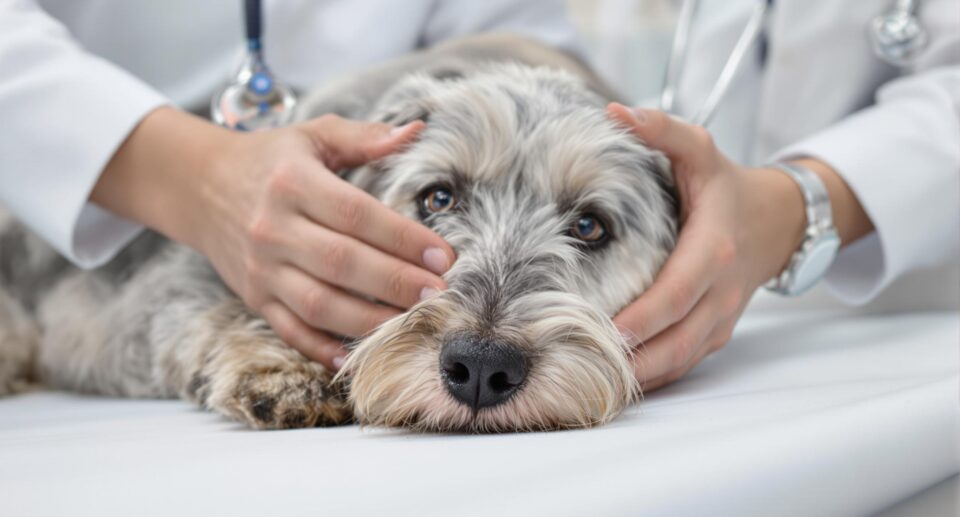Kidney Disease in Dogs

Kidney disease in pets
Kidney disease in dogs and cats occurs when there is progressive damage to various structures of the kidney that remove and filter waste products from the body. This damage may involve the nephrons and/or the glomeruli. When these structures are destroyed, toxic by-products may build up in your pet’s bloodstream, leading to clinical signs of kidney disease.
Kidney disease often results in biochemical changes in your pet’s body that lead to general symptoms of illness and malaise. Since the kidneys produce hormones and enzymes such as erythropoetin and renin, when the kidneys fail, your pet may develop anemia, high blood pressure, and electrolyte imbalances. Calcium imbalance in your pet’s body and thin bones may also result from kidney failure.
Key facts about kidney disease in dogs and cats
- Kidney disease is one of the most common chronic diseases in aging dogs and cats.
- Symptoms of kidney disease may mimic many other common diseases; therefore a thorough examination is necessary for an accurate diagnosis.
- There are several effective medical therapies for pets with chronic kidney disease; however, prognosis will vary depending on the length and severity of the disease.
Causes of kidney disease in dogs and cats
Kidney disease in pets can be due to a variety of factors ranging from toxin exposure (such as antifreeze), trauma, non-steroidal anti-inflammatory drugs (NSAIDs), infection (i.e. leptospirosis, Lyme Disease), and immune-mediated causes. These immune-mediated causes may be secondary to chronic skin disease, intestinal disease, and hormonal problems of the adrenal glands and pancreas. Periodontal or dental disease may also cause secondary kidney damage. Genetic causes may also be involved. Cases where underlying causes of kidney disease are not identified are called idiopathic.
Pets most at risk for kidney disease
Kidney disease may occur in any age or breed of pet, but the incidence is increased in middle-aged and senior pets. Polycystic kidney disease is an inherited form of kidney disease often occurring in younger pets, and may be seen in Abyssinian cats, Terriers, and Beagles. Siamese cats also seem to have a higher incidence of kidney disease.





